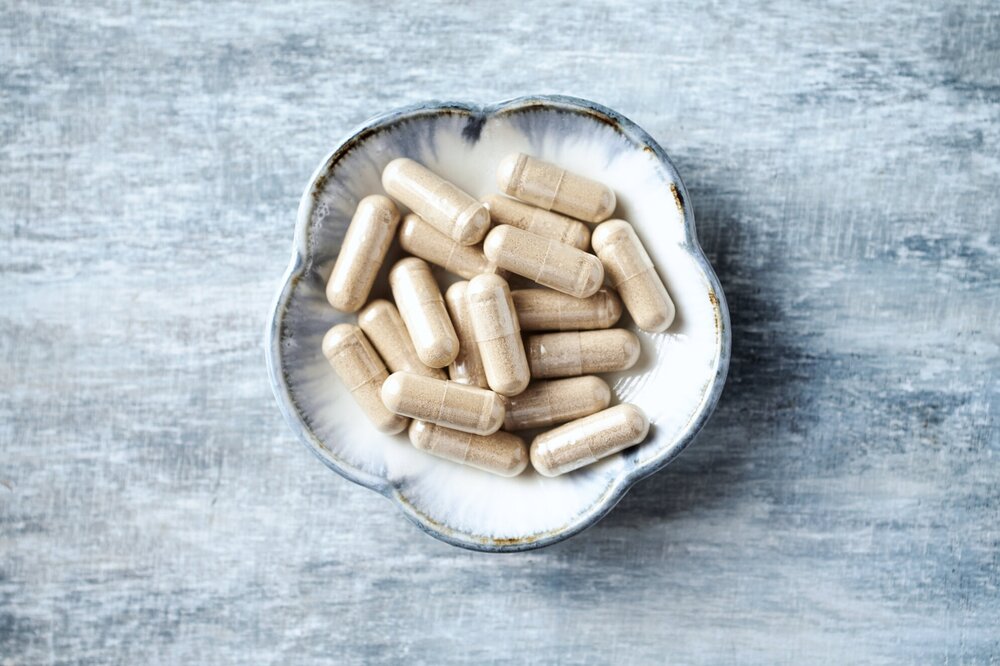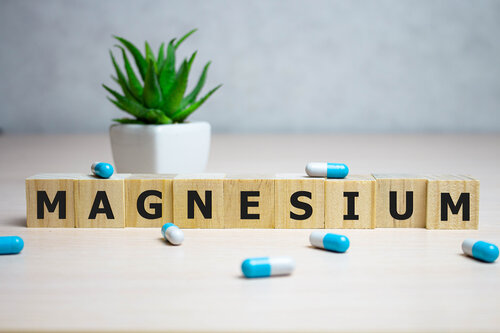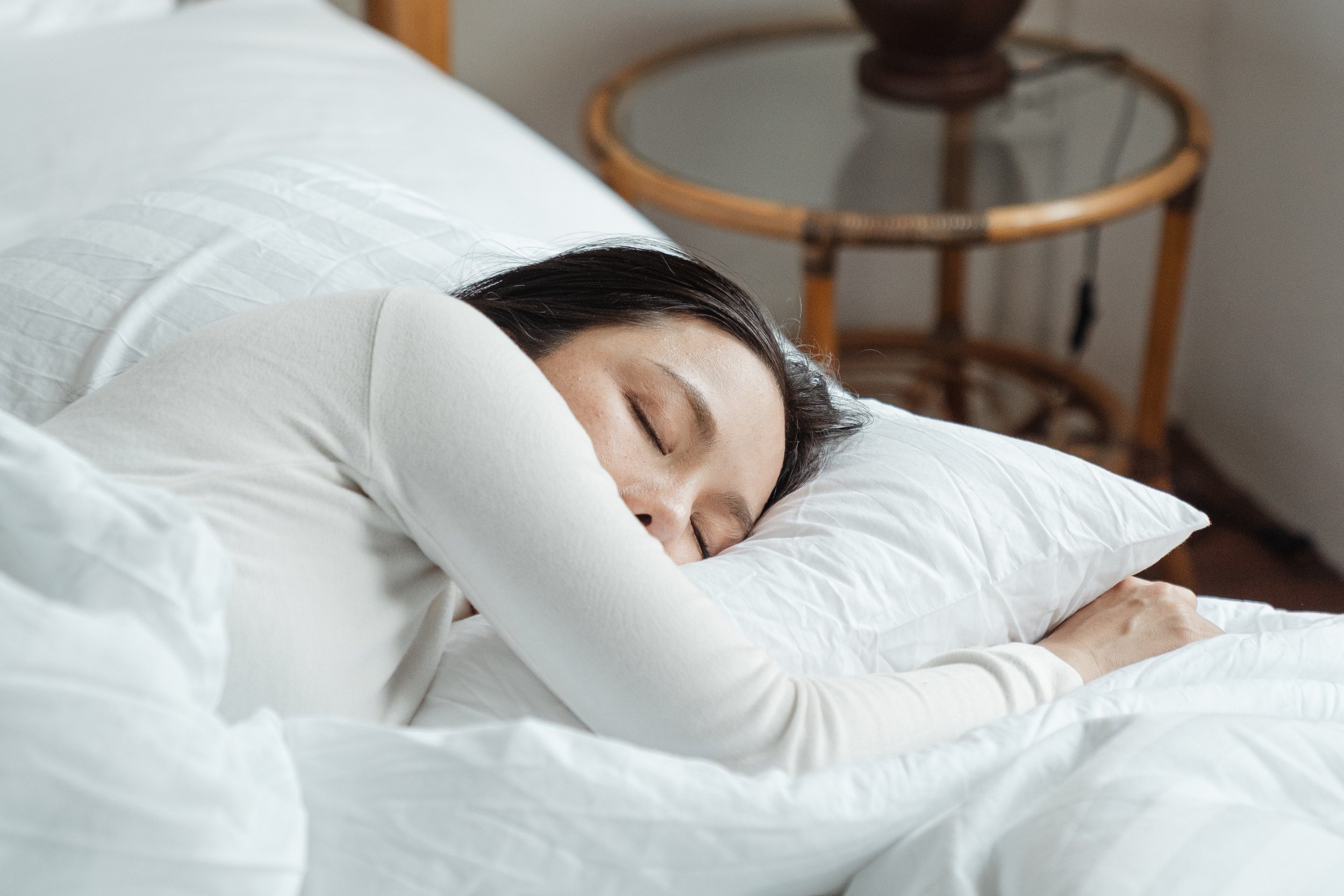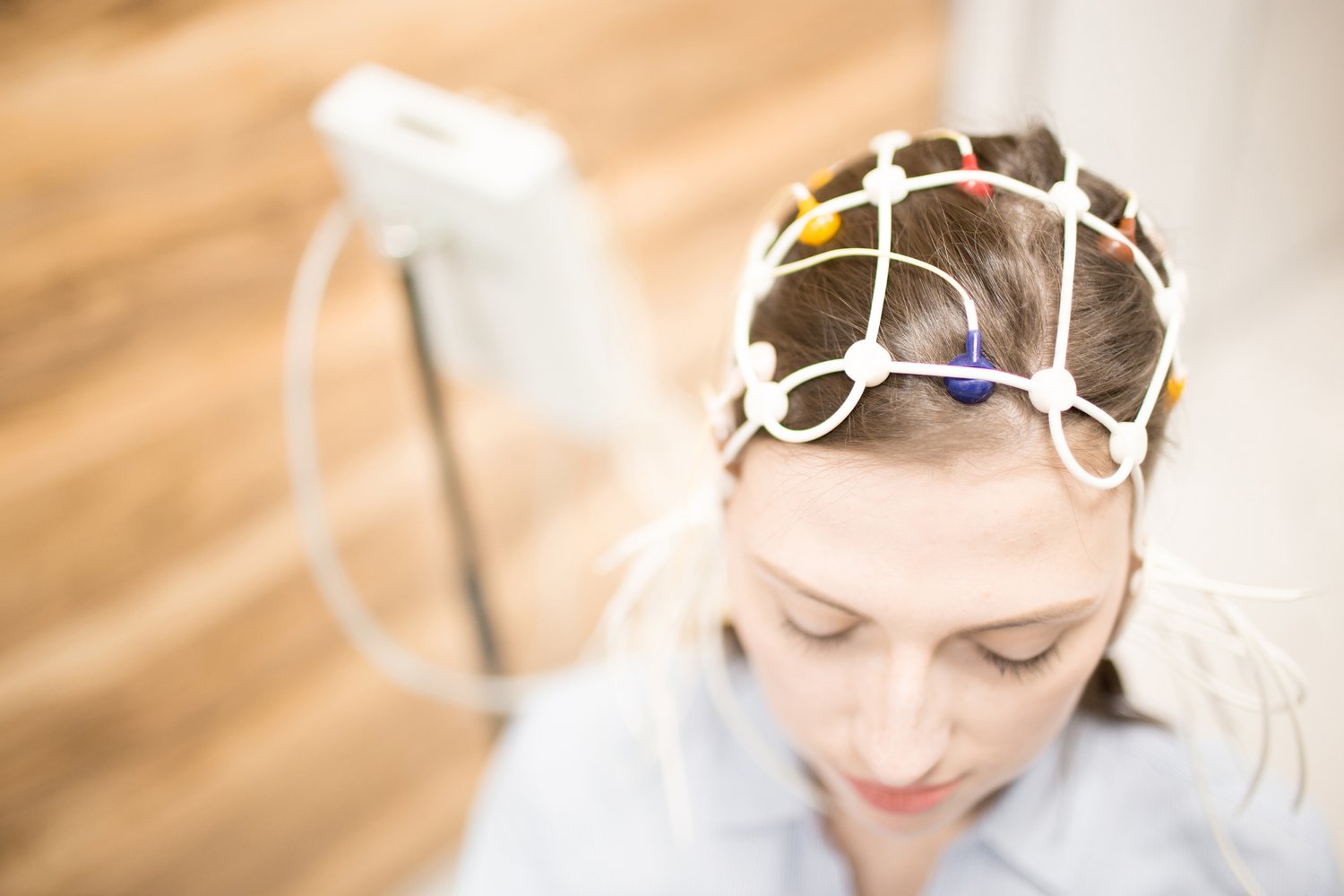Patients are often surprised when I recommend lithium supplements as an integrative psychiatrist, given lithium’s reputation as a medication with serious side-effects and risk of toxicity. However, low-dose lithium supplementation is a much safer treatment option with few side-effects. In fact, some patients start feeling less anxious, irritable, and depressed just days after taking low-dose lithium.
Despite the evidence supporting the benefits of low-dose lithium, it is still underused as a supplement in psychiatry. This is unfortunate because lithium appears to have the potential to help many people with mental health issues. In this article, I share my experience with low-dose lithium supplements as a psychiatrist and address questions such as:
- What is the difference between lithium medication and supplements?
- Can lithium help treat conditions other than bipolar disorder?
- What type of lithium supplements are available?
- What are the side-effects of low-dose lithium? Is it safe to take?
Lithium is a supplement? I thought it was a prescription medication!
The key difference between lithium as a supplement and as a medication is the dose.
Lithium supplements contain about the same amount that we regularly consume in a day from our food and water, roughly between 0.64 – 3mg according to the U.S. Environmental Protection Agency. On the other hand, lithium medication typically comes in the form of lithium carbonate, which contains about 112 to 225mg of lithium – over one hundred times the amount of lithium found in food, water, and low-dose supplements.
The other difference is that lithium supplements can be purchased over the counter without a prescription, making it readily available to more people.
Isn’t lithium only prescribed for bipolar disorder? Can it help depression or other conditions?
In addition to bipolar disorder, preliminary evidence shows that those struggling with the following challenges may benefit from lithium supplementation:
- Suicidal ideation and impulsivity
- Autism spectrum disorders
- Cognitive decline and brain fog
- Anxiety including panic attacks
- Depression
Most notably, low-dose lithium seems to have a strong potential to help those suffering from depression.
The Case for Treating Depression with Lithium
There is an established body of evidence supporting the use of lithium medication for treating depression. Researchers have found that lithium may be protective against future episodes of depression and suicidality in those who have had a previous episode of depression. In addition, lithium’s anti-suicidal effects have been consistently reported for more than 40 years.
Does low-dose lithium have some of the same benefits of lithium medication for depression?
Numerous studies around the world have found that higher levels of lithium in groundwater correlate with lower rates of suicide. In addition, one small study showed that those taking trace levels of lithium (0.4mg) experienced improved mood during a four-week period.
Is there enough evidence about lithium’s benefits to use it for mental health?

Anna Fels, professor of psychiatry at Cornell and published in the New York Times, said, “There’s enough evidence that people should have the option of taking micro doses [of lithium], especially since there seemed to be no downside to it … There’s very suggestive evidence that it’s useful in terms of reducing impulsivity, irritability, suicidality.”
Clinical Observations: The Benefits of Low Dose Lithium for Depression & Anxiety
I’ve used low-dose lithium for more than 15 years in my psychiatry practice, and it has consistently been one of the most helpful supplements for patients. I rarely see any side-effects, and patients typically report feeling less depressed and anxious and having fewer suicidal thoughts.
Although we still need better-designed, large-scale studies about low-dose lithium’s effect on mental and brain health, these promising preliminary studies and positive patient reports should encourage us to reconsider lithium’s role in psychiatry.
What type of lithium supplements are available?
There are three types of over-the-counter lithium supplements:
Ionic lithium: is a liquid form that contains lithium chloride. This form can be especially helpful for children or patients who are sensitive to treatment, as it is easy to start at a low dose and build up to a therapeutic dose. Typically, ionic lithium is prescribed at 0.5 – 1mg.
Plant-based lithium: is a unique form of lithium made from vegetables that are grown in high-dose lithium soil. Currently, there is only one manufacturer who produces plant-based lithium. This form may be better absorbed and utilized, as our bodies are used to digesting lithium in plants. In my practice, some of the best reports and feedback come from patients with depression who use plant-based lithium.
Lithium orotate: is a salt with orotate, a naturally-occurring substance in the body. Patients taking lithium orotate experience far fewer side-effects compared to lithium medication. This may simply be because lithium orotate is prescribed at much lower doses than the medication. Others have argued that it can enter cells where it is needed, resulting in less toxicity to other organs.
Lithium orotate usually comes in 5mg capsules: a dose that is higher than ionic or plant-based lithium, but much lower than the medications that can contain up to 225mg of lithium. In other words, lithium orotate offers an option for those who need more lithium than the trace levels in ionic and plant-based lithium, but want to avoid the serious side-effects of high-dose medication for conditions like depression, anxiety, and brain fog.
Because lithium orotate does not have well-designed, large-scale studies to support its use for bipolar disorder, it is not recommended as an alternative for those currently on lithium carbonate medication.
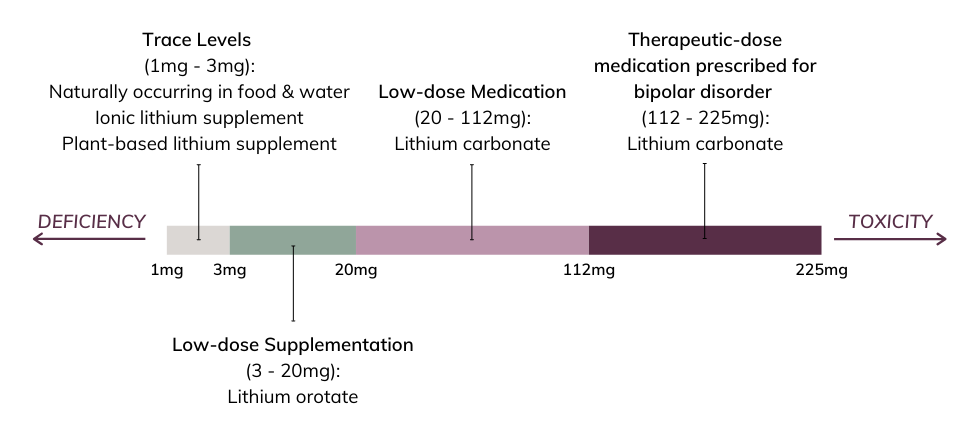
What is the recommended dose of lithium?
At this time, there isn’t enough research to determine what the required daily intake of lithium should be. Dr. Schrauzer, professor at U.C. San Diego and director of the Biological Trace Element Research Institute, has made a provisional recommendation that the daily requirement for lithium should be 1mg/day for an adult of average weight. However, this recommendation does not take into account an individual’s mental health condition or unique biochemical factors.
In my practice, patients typically take 0.3 – 0.6mg of ionic or plant-based lithium supplements. For more serious psychiatric or neurological disorders, 5mg or more of lithium orotate may be beneficial.
Are lithium supplements safe? What are the side-effects?
The side-effects and toxicity associated with lithium are dose-dependent and usually only seen with high-dose medications.
Trace-Level Supplementation: Ionic Lithium and Plant-Based Lithium
For these trace levels, there are virtually no known acute side-effects and no risk for toxicity. This is unsurprising, as we all ingest some level of naturally-occurring lithium from food and water. These trace levels may in fact benefit brain and mental health. However, certain populations such as the elderly and pregnant women may be sensitive to long-term exposure of small amounts of lithium. For this reason, we need more studies to better understand the effects of trace-level lithium supplementation on different populations.
Low Dose Supplementation: Lithium Orotate
Lithium orotate contains a higher dose of lithium than the other two supplements, so there is some potential for side-effects and toxicity. However, this typically occurs only when multiple capsules at higher doses are taken. Even then, there have been no reported cases of death or serious side-effects with lithium orotate. In 2007, there was one reported case of toxicity from lithium orotate, in which a woman intentionally took enough lithium orotate to reach low-dose medication levels without medical supervision. The only adverse effects she experienced were mild nausea and tremor, which went away after about 4 hours.
Medication: Lithium Carbonate
Lithium carbonate, which contains more than 100 times more lithium than trace levels, commonly results in unpleasant side-effects. In addition, it can have serious organ toxicity for the thyroid and kidney.
Do I need to monitor my blood levels if I’m taking a lithium supplement?
Testing is not usually needed for those taking ionic lithium or plant-based lithium supplements, as these levels are similar to what we get through food and water. Those who are taking higher doses of lithium orotate may need to monitor blood levels and should work with a medical provider.
Small but Mighty: Harnessing The Power of Low Dose Lithium
Low-dose lithium may be an important tool when incorporated with an integrative medicine approach to help prevent dementia, suicidality, and depressive episodes. It may also be helpful for those with treatment-resistant depression. While we are waiting for better studies, clinical evidence suggests that lithium supplements can offer many potential benefits with very few side-effects and risks to patients now.
References
1. “Lithium toxicity from an internet dietary supplement” Journal of Medical Toxicology (2007)
2. “Nutritional Lithium” Journal of Clinical Psychiatry and Neuroscience (2018)
3. “Lithium in the prophylaxis of unipolar depression: a review” Journal of the Royal Society of Medicine (1983)
4. “Treatment-resistant anxiety Lithium and suicide in mood disorders: Updated meta‐review of the scientific literature” Bipolar Disorders: An International Journal of Psychiatry and Neurosciences (2017)
5. “Lithium in the episode and suicide prophylaxis and in augmenting strategies in patients with unipolar depression” International Journal of Bipolar Disorders (2017)
6. “The clinical applications of lithium orotate. A two years study” Agressologie (1973)
7. “Rat brain and serum lithium concentrations after acute injections of lithium carbonate and orotate” Journal of Pharmacy and Pharmacology (1978)
8. “Lithium orotate in the treatment of alcoholism and related conditions” Alcohol (1986)
9. “Lithium orotate, carbonate and chloride: pharmacokinetics, polyuria in rats.” British Journal of Pharmacology (1976)
10. “Is there a role for lithium orotate in psychiatry?” Australian and New Zealand Journal of Psychiatry (2018)
The information and any products mentioned in this article are not intended to diagnose, treat, cure, or prevent any disease. The information provided is for educational purposes only and not intended to replace the relationships with your physician(s). Before initiating any conventional or integrative treatments, please first consult with a licensed medical provider. Please review references cited at the end of article for scientific support of any claims made.
Suruchi Chandra, MD
By
April 5, 2021
|
